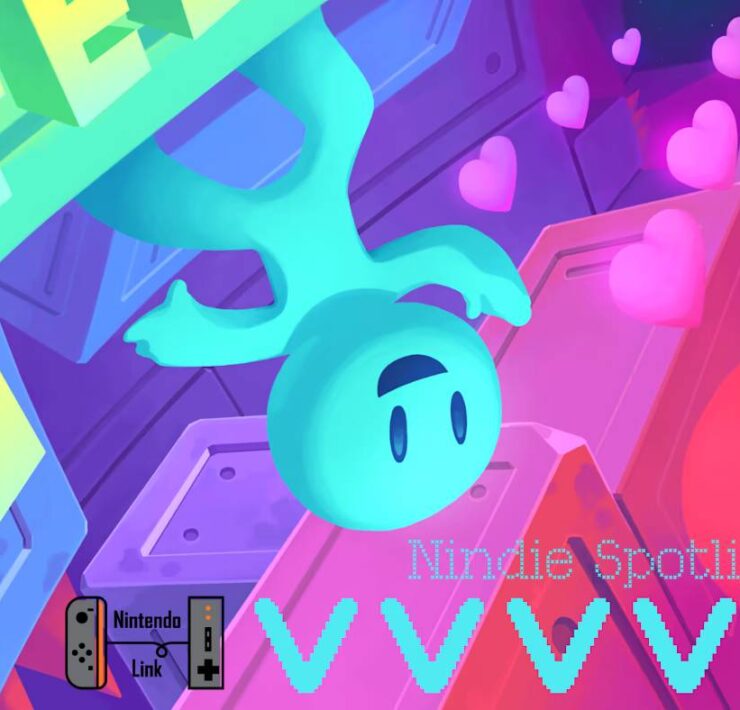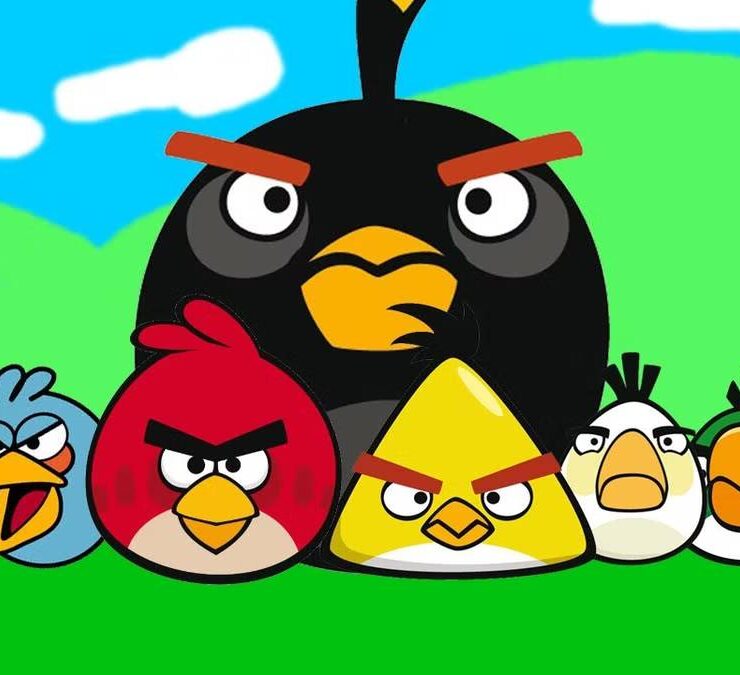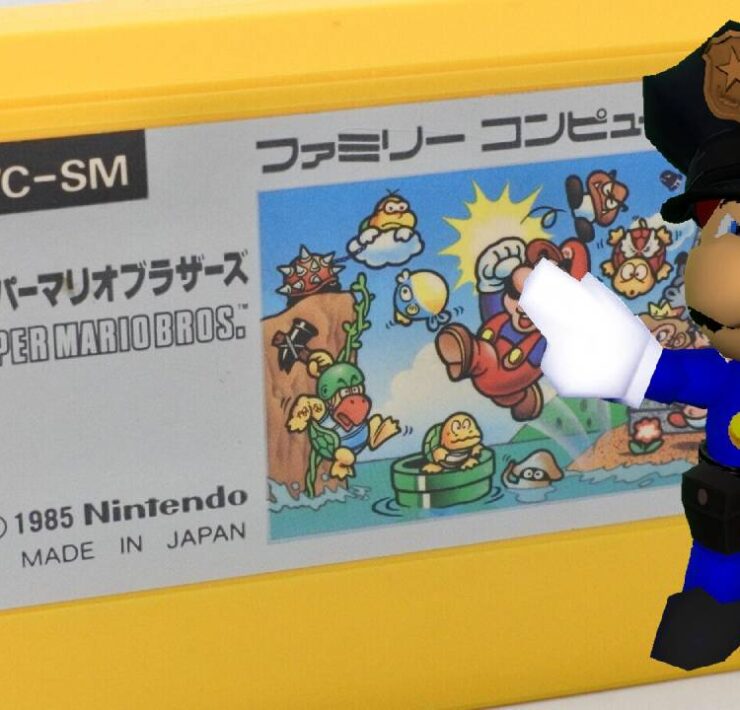What Do We Mean When We Say “Gamer”?
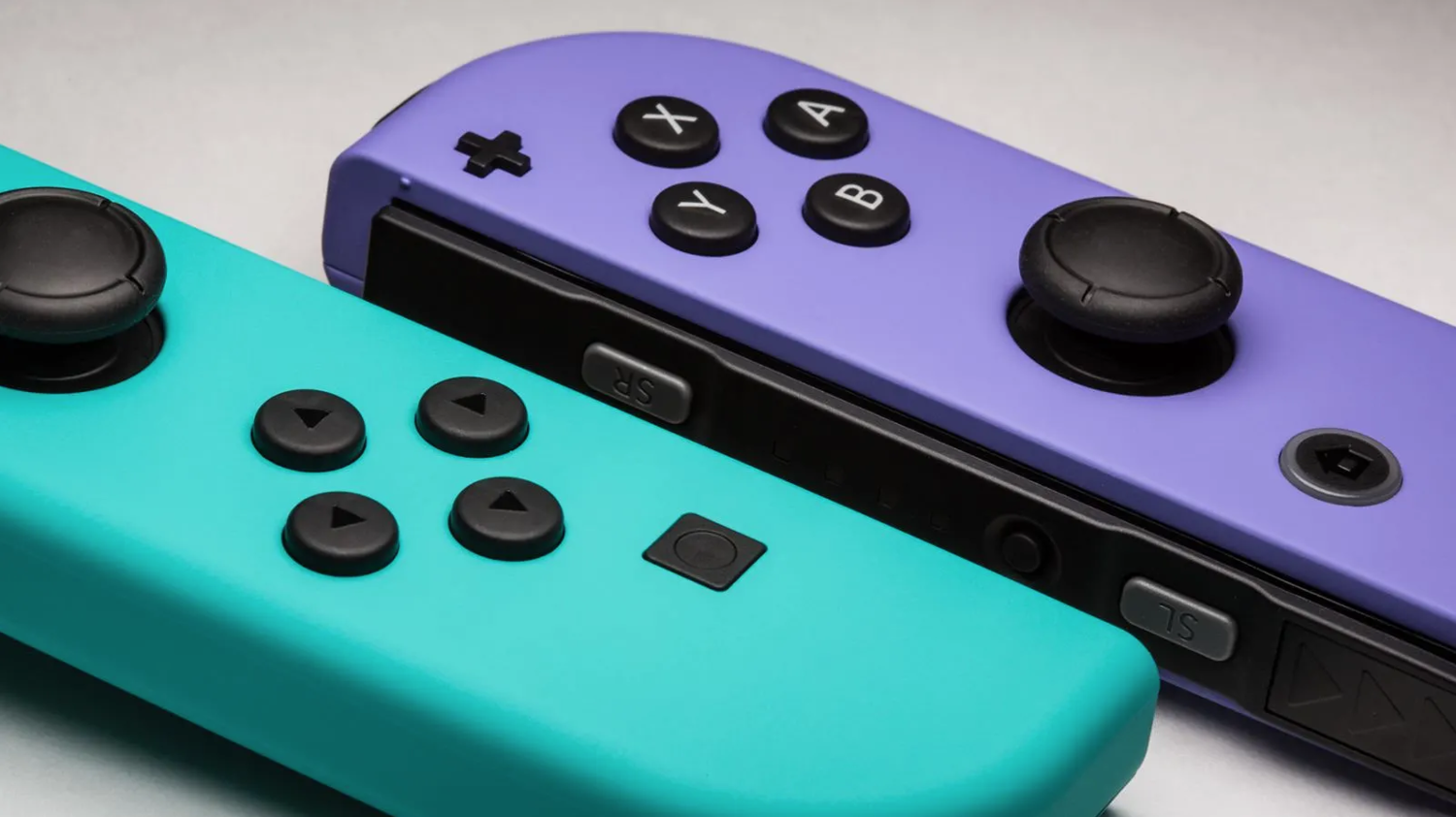
What do we call someone whose hobby or passion is cinema? A cinephile? Maybe, but that word rings a little awkward. How about a viewer? It’s definitely a word, but not one we use except in specific contexts. And what about people like myself who read a lot? I don’t tend to call myself a reader or a bibliophile. I might call myself ‘bookish’, or simply say that I ‘love reading’. That’s what we often say when we have a passion for a specific hobby: ‘I love it’. But video games have forged around themselves a different kind of culture. Gamer culture. And gamer culture has its own vocabulary, the most obvious word being, of course, gamer.
What I’m getting at here is that ‘gamer’, a common noun which is often worn as a badge of pride in much the same fashion as a job title, is a very unique word. If you love playing football, you can’t call yourself a footballer. That’s a profession, not a hobby. For many years I didn’t feel comfortable calling myself a ‘writer’ until I started getting paid to do it.
But ‘gamer’ is a very different word; used in the same way in which we talk about job titles, but instead refers to a hobby. But that’s the real question, isn’t it? Is ‘gaming’ just a hobby, like reading or watching movies or playing football? The existence of the word ‘gamer’ itself strongly indicates that it most certainly is not.
What is a ‘Gamer’?
There’s plenty of other evidence that points to gaming being more than just a hobby. One’s love of gaming is worn on their clothing, placed on their shelves, enjoyed through their headphones. Surrounding specific video games exist: coffee table books of their concept art, documentaries on their development, books on their history, plushies of their characters, t-shirts exclaiming lines of dialogue. Gamers go to conventions; they cosplay; they stream their hobby on Twitch; they make video essays for YouTube.
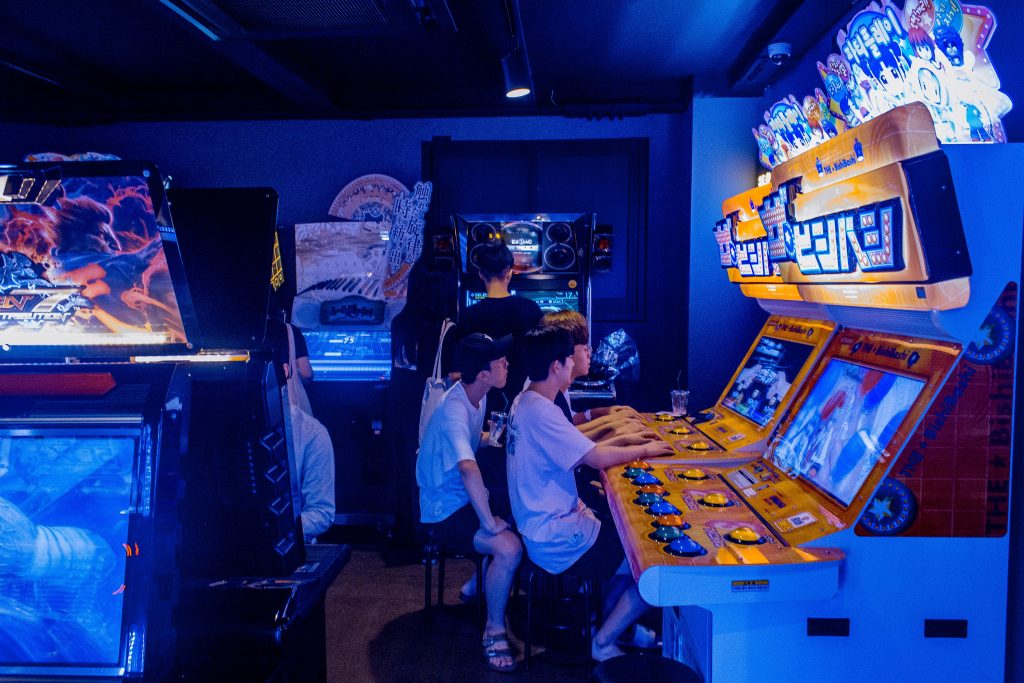
There are hundreds of ways to get paid for enjoying gaming, jobs that are far removed from the development and production of video games. Journalists, YouTubers, Twitch streamers, pro gamers, pundits, cosplayers, designers of merch and fan art – the list goes on and on. Is all of this true for other media-related hobbies? Some, maybe, yes, but certainly not all. Gamer culture is exactly that: a fully flourished culture surrounding video games.
Gamer culture can be, for many, a lifelong commitment. Dedicated and impassioned gamers spend their downtime not only playing games, but also streaming them or watching other streamers. They frequent message boards. They have video game news and culture sites saved to their bookmarks and they visit them multiple times per day. They do all of this while wearing gamer shirts and hats, with collectibles, plushies, models, and toys dotted about their room.
Gamers turn developers into celebrities. They do the same to gaming YouTubers, journalists, and pundits. From the “core” of video games spreads out a culture of obsession around the people connected to gaming in some meaningful or exciting way. This culture is complex, and it continues to shift and grow.
How We Use the Word ‘Gamer’
Does all of this answer the question “what is a gamer” though? Yes and no. Looking at the breadth and depth of gamer culture, we can pretty much shrink down the definition of gamer into a sentence that reads something like this: A gamer is someone who plays video games and engages committedly to the culture of gaming. Understanding this definition simply means understanding what that ‘culture’ is, which we’ve more-or-less discussed already.
So, we have a loose definition of what a gamer is. We have considered how gamer culture goes beyond the playing of video games. But what does it mean to be a part of this culture? Using myself as a test subject for a moment, I split my time, my enthusiasm, my work, and my money pretty evenly between video games and literature. My Twitter feed is mostly filled with authors, translators, publishers, literary agents, and other book bloggers/reviewers, but I visit more websites dedicated to video game news than I do those dedicated to literary news.
I’m a very bookish person; that’s primarily how I’d describe myself. Am I also a gamer? Is it even me who gets to decide that? If not, why not, and is that fair? Is there a barrier to entry? Is “gamer” even a good word? What connotations come with it, and have these connotations shifted over time?
These are some big questions, but they can all be answered. And answering them should lead us to a better understanding of what we mean when we say ‘gamer’.
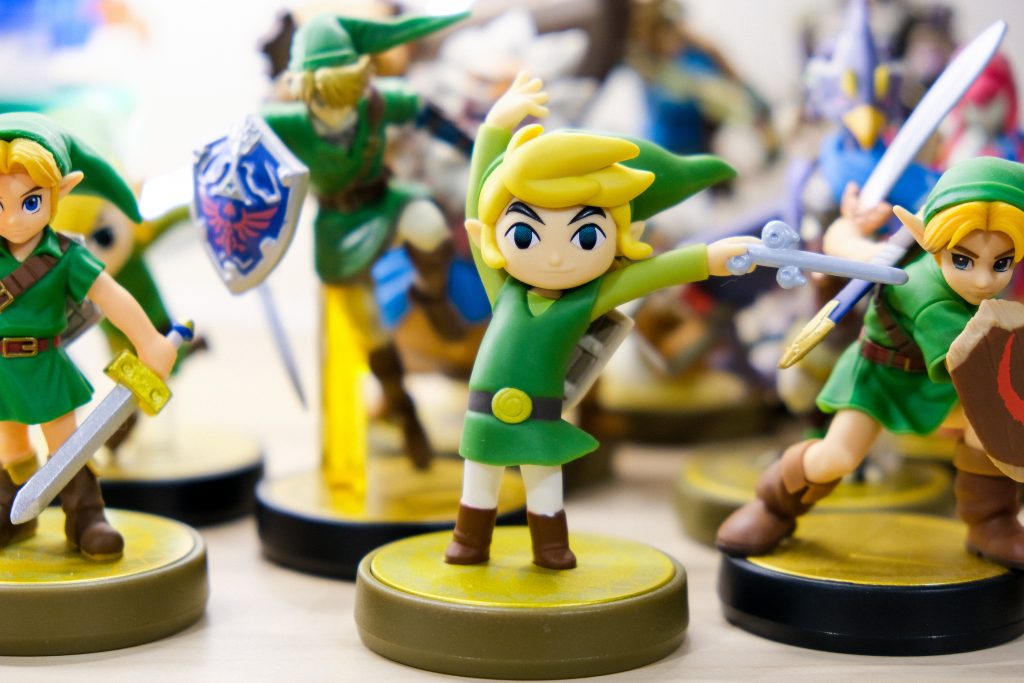
The Problem With the Word ‘Gamer’
As a teenager, video games were my one and only obsession. I can’t confidently recall, but I likely did call myself a gamer. But at that time, gamer culture seemed like a simpler space. I spent a lot of time on forums, discussing games, and rarely had a negative encounter. These days, gamer culture is one that comes with an ever-present fog of rage, tinged with pride.
Gatekeeping is now a thing, and it stands hand-in-hand at its darkest moments with sexism, racism, transphobia, and more. In my other sphere of ‘reader culture’ (for lack of a better term), gatekeeping rarely rears its ugly head. So, should we want to call ourselves gamers? For me, personally, no, not really. My partner plays as many video games as I do, and has her own games-related celebrities, streamers, and pundits that she adores. But does she call herself a gamer? No. And I don’t think I want to, either.
Perhaps we could even, in that case, be so bold as to suggest that there is a difference between a ‘gamer’ and a person who enjoys video games. Maybe it’s all in the attitude. Is it possible, in fact, that ‘gamer’ might devolve into a dirty word that describes the worst kinds of video game fans (gatekeepers and incels)? Maybe, but I’m not sure we’re there yet.
As far as I can see, a gamer is still someone with such a fiery passion for video games that they spend their time attending conventions, watching streams, and enjoying all other aspects of gamer culture that we’ve already mentioned. In that respect, I certainly am a gamer. But I’m still not sure I like that designation. And, if I’m being honest with myself, the reason behind this comes from the shame of being associated with the loud minority of gatekeepers and incels who frustrate and exhaust me on a daily basis.
I enjoy video games. I buy at least one new game per month. I stay up-to-date with breaking news. I get paid to write about video games. I buy plushies and models from stores in Akihabara and Nakano Broadway. I don’t wear the shirts and hats. I don’t ever visit forums. I don’t engage with gamers much on Twitter; it makes me nervous. Gamer culture is a space that has gotten me increasingly wary.
Instead, I prefer to play and enjoy games in my own old-fashioned way: I watch trailers, read articles and reviews, watch video essays, play single-player games, write about my experiences, and discuss games with my friends. I try to approach playing video games the same way I approach reading literature: with a healthy perspective and a positive kind of excitement.
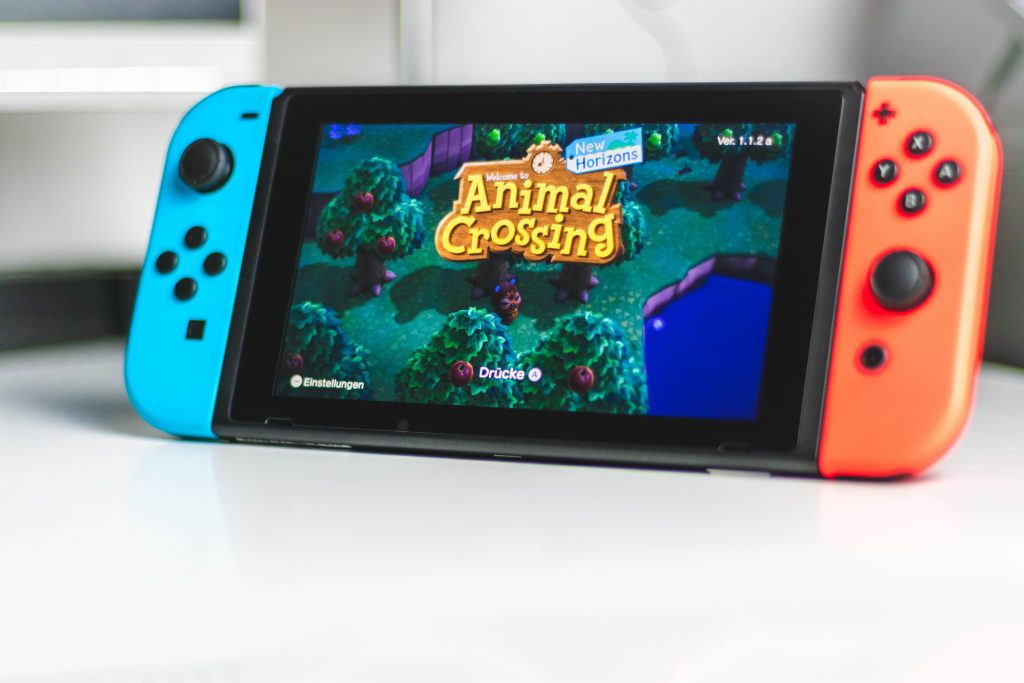
From where I’m standing, the connotations surrounding the word ‘gamer’ are steadily souring, and it has become necessary for many of us to reconsider how invested we wish to be in ‘gamer culture’.
Ultimately, the word ‘gamer’ exists because the culture is so vast and so deep, and because the dedication shown by fans is not only one of passion, but also one that takes up all of their time and most of their money. Gamer culture itself demands the existence of the word ‘gamer’. Looking at it this way, however, we are certainly seeing a greater expansion of other related cultures.
As a bookish boy, I frequently buy enamel pins with literary references on them (my favourite being a black and gold heart emblazoned with a quote from Frankenstein which reads, “Beware, for I am fearless & therefore powerful”. I got it from Literary Emporium). I also visit literary talks, conventions, and book launches. There, bookworms can pick up tote bags, pins, and shirts which exist to proudly show off their love for literature. The similarities between the culture of bookworms and gamer culture are steadily growing.
And so, perhaps soon we will have a word like ‘gamer’ being used for avid readers. In fact, ‘bookworm’ is already filling that role more and more loudly with time.
Looking at the word ‘gamer’ from the perspective of a separate hobby, like reading, it seems as though the word ‘gamer’ came around out of necessity, the moment the culture grew beyond the simple act of playing video games. Capitalism, social media, news media, personal pride, and the enjoyment that comes from being part of a group – all of these things played a role. And they are all playing the same role in growing and strengthening ‘bookworm culture’.
Like all words, ‘gamer’ came around out of necessity. When we don’t have the vocabulary to express or explain something, we have to create it. Whether or not that word means the same now is up for debate, as is whether or not it’s a good word or a word we should still want to use. In any case, it certainly isn’t as simple as saying “I play video games, therefore I am a gamer”. That sure would be nice, though, wouldn’t it?
Thank you for stopping by Nintendo Link and reading one of Will Heath’s outstanding features. What are your thoughts on the word “gamer”? Let us know in the comments below!
What's Your Reaction?
Will Heath is a freelance writer and digital nomad from the UK who mostly splits his time between London and Tokyo. He runs the website Books & Bao – a site dedicated to international literature and world travel – and writes about video games for Nintendo Link and Tokyo Weekender.



